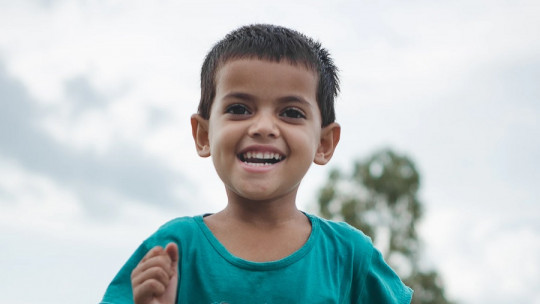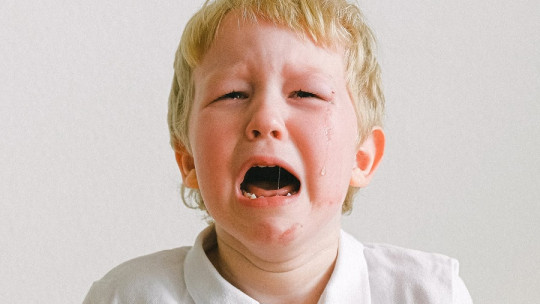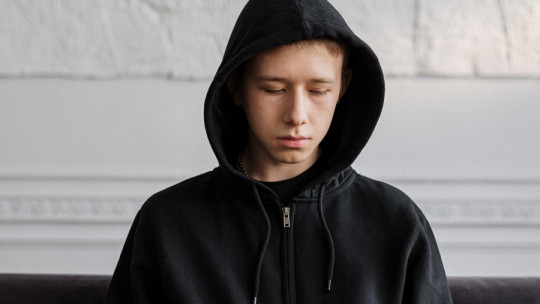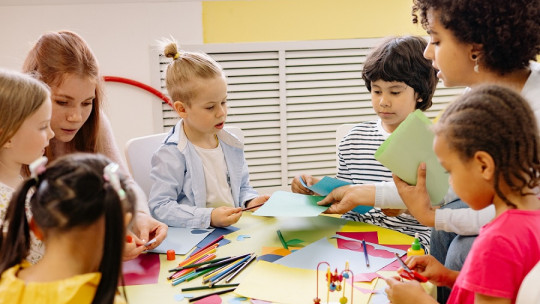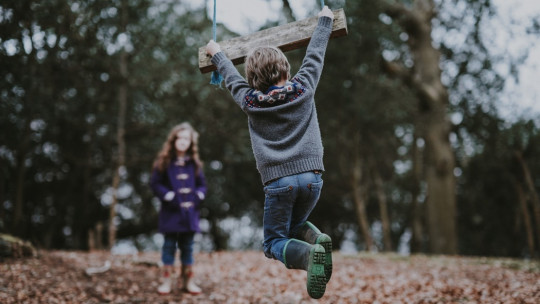
Educating children during their childhood is always something complex ; There are many things to take into account, and it is clear that babies do not arrive with an instruction manual.
In fact, there are several behavior and thinking patterns of boys and girls that are particular to that age group. Therefore, unless we make an effort to understand them, their upbringing becomes very complicated.
7 tips for educating children from the family context
As a father and as a clinical psychologist with more than 25 years of experience, I have seen that in many families the same mistakes tend to be repeated over and over again regarding the education of young children in the family environment
In fact, this led me to write the book Guide for dads and moms in troublein which I explain in a simple way various tips and recommendations regarding the upbringing and education of the little ones in the house, as well as several guidelines to take care of yourself as a father or mother and not suffer too much psychological wear (or, simply , fatigue).
In the next few lines you will find a summary of several of the main ideas that the book contains and that I believe are very useful to educate children beyond school in the family environment.
1. Children are not miniature adults
One of the basic principles of child psychology is that boys and girls are not half-made adults. On the contrary, They have their own way of interpreting reality and relating to the environment ; a psychological system present in childhood that, although it has its defects, does not need to be constantly “filled” with information to mature sooner.
Therefore, pressuring children to learn as quickly as possible does not make sense. Many of the things that we try to forcefully teach them will not be understood in the way we want them to understand them, and probably with that we will only be causing them to feel rejection by a good part of the education initiatives that they are going to encounter. over the next few years.
Furthermore, children’s learning often occurs in situations that from our adult perspective we could perceive as “wasting time”: the game, the dialogue with friends, etc. If they are curious and given to exploration from their first months of life, it is for a reason.
2. Punishment does not equal physical suffering
Unfortunately, there is still a tendency to associate punishment with physical aggression, the habit of causing pain to a child who has misbehaved. This means that, for some families, the “common sense” idea that inappropriate acts should be punished becomes the normalization of violence towards children, something that is totally harmful and not only generates suffering, but also can make the education that these little ones receive much worse
But in addition, this belief has another opposite effect; It leads some families to assume that, for example, denying a child the opportunity to go outside to play for several hours is more or less like hitting him. The trivialization of physical violence thus acts in several directions: on the one hand it normalizes it, and on the other it stigmatizes the legitimate use of non-physical punishment methods that can be effective in certain contexts.
3. Growing up is not inherently painful
It is true that during childhood, both boys and girls go through stages of their development quickly, from one year to the next, and that this can pose many challenges and subject them to a certain pressure in certain phases of life (especially as they advance). towards puberty).
On the other hand, assuming that entering the period of puberty does not imply living in a drama prevents us as adults from having an overprotective or excessively controlling attitude, which would give rise to problems in family and parenting relationships (or even to assume that the boy or girl has problems that he or she is hiding, even if objectively nothing indicates that these exist).
However, there is no stage of life that is intrinsically painful, or that is “very hard” and requires them to endure suffering. If a boy or girl shows obvious signs of having a bad time, that does not mean that you are learning to face challenges or take care of yourself in the face of life’s demands. You may be experiencing childhood depression or any other psychological disorder that childhood is not exempt from, and it is important to see a professional.
4. We must value the educational power of friends
As parents, we have a lot of information and experience about how the world works, and it is clear that this is very useful to our children.
However, in terms of non-formal education (that is, that which occurs spontaneously outside the classroom), a good part of the content that our children will learn and the roles that our children will try to imitate are not in us, but in the boys and girls of his age. Especially when they grow up and go through puberty, young people his age or slightly older become his reference what our children focus on the most.
We must take this into account to assume our humble role in his education, on the one hand, and to not blame ourselves unjustifiably if for some reason he learns problematic behavior patterns that he has only come into contact with outside the home.
5. You have to lead by example
As we have seen so far, spontaneous learning that occurs in free time is a very relevant part of children’s education during childhood. That’s why, As fathers and mothers we must set an example of the values that we intend to transmit to them For them, anything that appears to be limited solely to the world of theory is not of much interest.
Furthermore, the fact that others follow the rules acts as a constant reminder that those rules are there and must be followed.
6. Tantrums are a challenge, but they must be faced with stoicism
Tantrums and tantrums are never pleasant, and if they are repeated too much, they can overwhelm us greatly and have a significant impact on our stress levels. However, this discomfort should not justify us behaving in a similar way, using those moments to vent and yell at our son or daughter. One bad action does not cancel another bad action and beyond a purely moral analysis, it is not something that will make their behavior improve either.
7. Clear guidelines must be given
One of the aspects that best defines the success of childhood education during upbringing is the ability to remain consistent with the standards of behavior that we propose. Therefore, we must pay attention when thinking about the consequences of these rules once they have been explained to the little ones in the house. Are we going to be able to implement them? Will we be able to fulfill them?
Anything that makes us change the rules on the fly, improvising depending on what happens, detracts from the habit of respecting certain rules. There is always room for readjustments and timely corrections, but they should be the exception, not the norm.
Furthermore, having very specific and clear rules allows children to learn from their mistakes, knowing exactly what they have done wrong, and at the same time gives them security, so that they will not be afraid for not knowing if they can be punished for carrying out certain actions.

